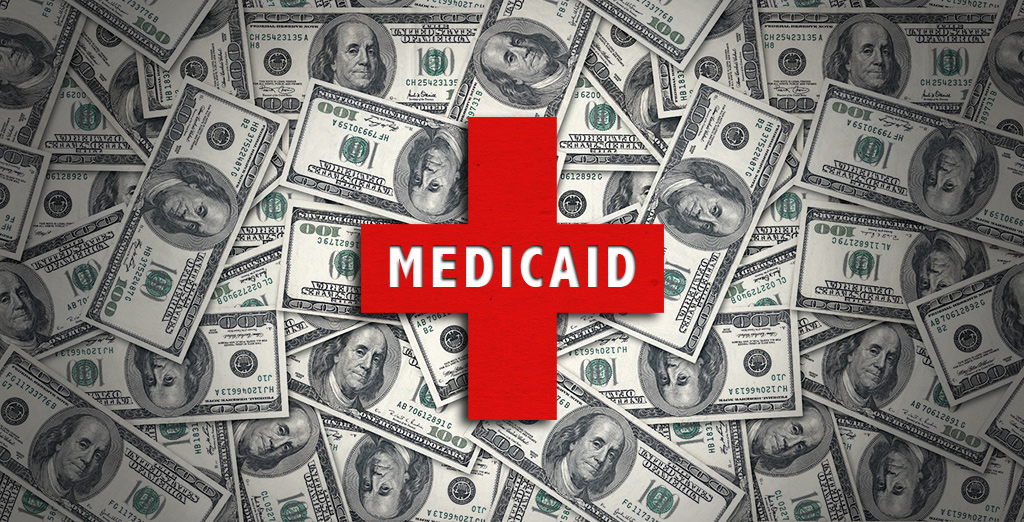Medicaid Age Eligibility is an important aspect of the program. When you turn 18, you face changes in Medicaid Age Eligibility. Now, your parents’ income doesn’t affect whether you can get it. This is called being a “family of one.” It’s good news for many young adults who couldn’t get Medicaid before because of their parents’ income.

Photo from Google
Medicaid Expansion and Support for Young Adults and SSI Recipients
In states that expanded Medicaid under the Affordable Care Act, you can start getting Medicaid when you’re 19. This helps make the transition from programs like Medicaid for kids or CHIP to adult Medicaid easier. If you were in foster care and turned 18, Medicaid can keep helping you until you’re 26, even if you’re not making any money.
If you get Supplemental Security Income (SSI), you usually also qualify for Medicaid in most states. SSI helps people with disabilities who don’t have much money or assets. There are programs to help SSI recipients who want to work without losing their Medicaid Age Eligibility.
READ ALSO: Your State’s Electric Vehicle Purchasers Could Come With Extra Incentives!
Navigating Medicaid Age Eligibility and Support Programs
Some people need extra help with Medicaid. Programs like Medicaid Buy-In and HCBS Waivers give support to those who work but still need help to live on their own.
In summary, Medicaid Age Eligibility is an important factor in accessing healthcare for low-income individuals. When you turn 18, you may still qualify even if your parents’ income was a barrier before. States have different rules, but generally, if you’re on SSI or were in foster care, you can keep getting Medicaid as an adult. There are also programs to support people with disabilities who want to work and still need Medicaid.
READ ALSO: Unlocking Your 2023 Philadelphia Wage Tax Refund: A Step-By-Step Guide For Eligibility, Documentation, And Smooth Processing

















































